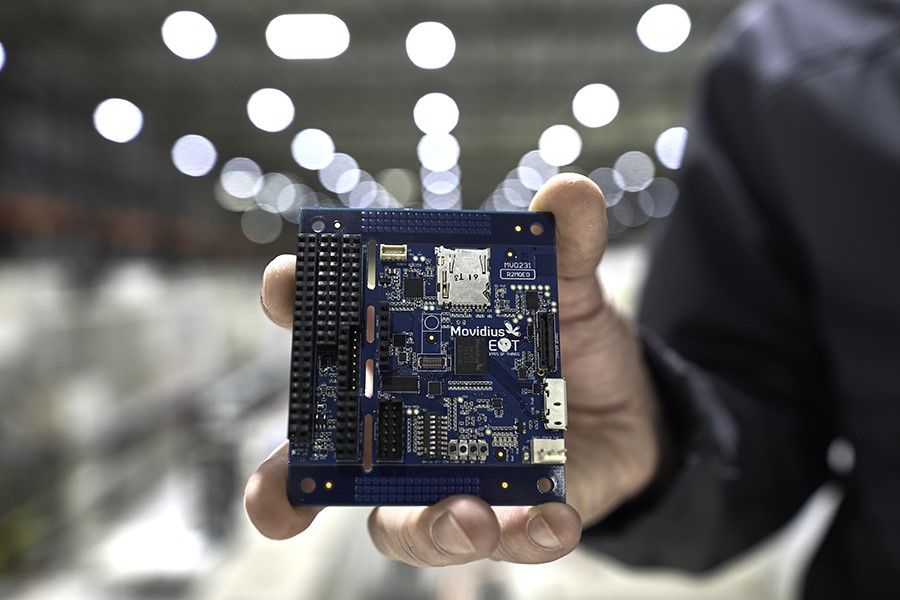Content for you
Take advantage of more calls for proposals that may be interesting to you.

How can artificial intelligence in space help us be better prepared for natural disasters? ESA Phi-Lab Sweden, is now being established, an effort that gives companies and researchers the opportunity to test and develop new technology in the space sector. The aim is to make it easier to do data analysis directly in space. Vinnova is behind the initiative together with several other actors.
ESA Phi-Lab Sweden is a strategic effort to strengthen Europe's position in the global space sector and will give Swedish actors access to new opportunities in research, innovation and business development. ESA Phi-Lab Sweden is part of ESA Phi-Lab Net which is a European network that focuses on developing new space technology to meet the needs of commercial actors.
– Att Sverige has now been given responsibility for a node within ESA Phi-Lab Net with a focus on AI and Edge Learning promotes international knowledge exchange and innovation in space data and its applications. This contributes to a safer and more sustainable future, while strengthening Sweden's competitiveness in a strategic technology area, says Anne Lidgard, director and senior advisor at Vinnova.
Edge Learning is about analyzing and processing data directly where it is generated, by moving the use and training of AI from a central system to multiple local devices. In space, for example, this could mean that AI is used and trained directly in satellites, without all the data needing to be sent back to Earth.
Over the next six years, ESA Phi-Lab Sweden will serve as a program office and offer test environments and demonstration opportunities for companies and researchers. The investment of just over 5.2 million euros is jointly funded by European Space Agency, ESA and Sweden through Vinnova, with support from the Swedish Space Agency. The goal is to develop technology that can be used directly in satellites and space systems, making them faster, more autonomous and more efficient.
Vinnova will participate in calls for proposals with ESA Phi lab until 2030. The first the call for proposals, which opens in the fall of 2025, will be funded with five million SEK.
In addition to Vinnova, ESA and the Swedish Space Agency, the collaboration also includes RISE, KTH, the Institute of Space Physics (IRF) and Swedish Space Corporation (SSC).

Processors to be used in space are designed with high computing capacity, low power consumption and to be able to withstand radiation. Image: ESA
– With intelligent systems in satellites, we can improve climate analysis, disaster management, agriculture and communication, among other things. ESA Phi-Lab Sweden is proof of what we can achieve when research, industry and international actors collaborate, says Malin Frenning, CEO, RISE.
By developing the use of AI and Edge learning, the initiative will help us perform analyses using AI in space and avoid sending large amounts of data back and forth to Earth. One effect of faster analyses is that we reduce the risk of collisions in space and improve the response to natural disasters. In the long term, the vision is that we have fully autonomous robots in the asteroid belt that mine minerals, assist in space travel and build space infrastructure.
Phi-Lab Net is a European network focused on developing new space technologies to meet the needs of commercial actors. The network consists of several Phi-Lab-center, where each center acts as a specialized reference center for a certain theme, and offers commercial actors support in developing space applications. ESA Phi-Lab is present in 10 European countries: Finland, Ireland, the Netherlands, Norway, Poland, Switzerland, Spain, the United Kingdom, Sweden and Austria.
Take advantage of more calls for proposals that may be interesting to you.
We talk about exciting innovations, funding, events and how your organization can become more innovative.
Last updated 5 September 2025